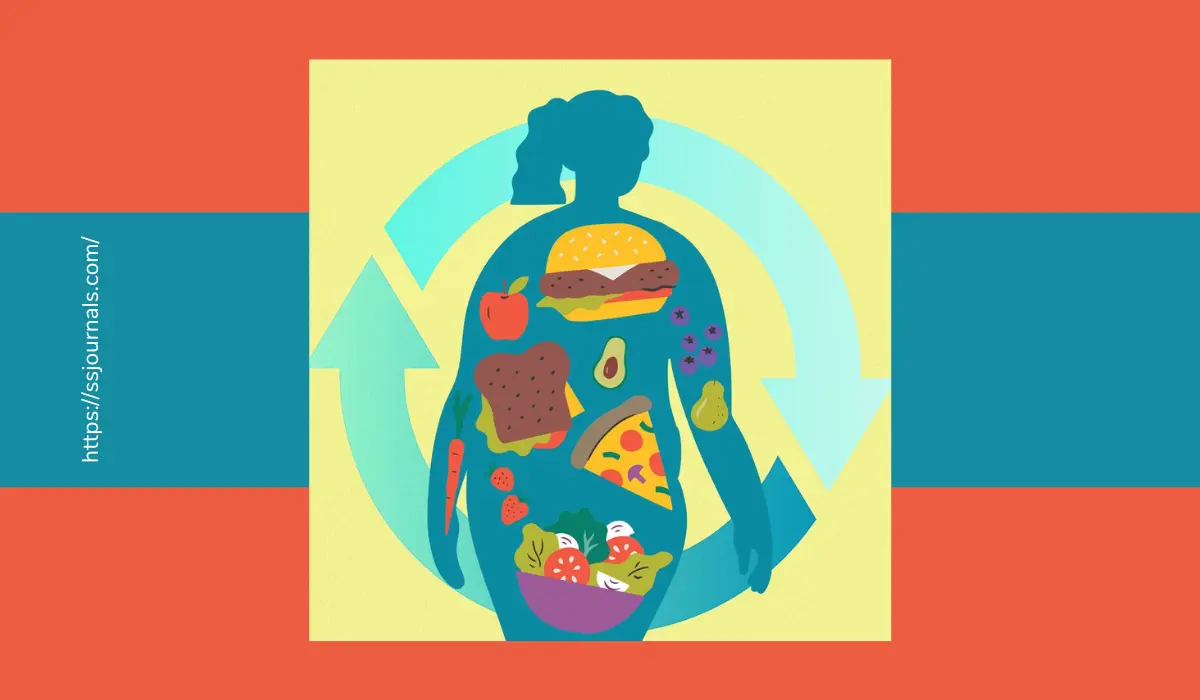Alright, let’s dive into the wild world of weight loss, where everyone’s talking about the superstar metabolism. It’s like the quarterback of your body, determining if you’re scoring touchdowns in your fitness journey. So, the burning question: Does metabolism call the shots in weight loss? Let’s unravel this mystery and get the lowdown on how to ace the game of shedding those pounds.
Understanding The Engine: Defining Metabolism

Metabolism is like the secret sauce of life. It’s this crazy dance of chemicals in your body, turning food into energy to keep the lights on. Now, the Basal Metabolic Rate (BMR) is the VIP in this party, representing the calories burned when you’re chilling, not breaking a sweat. It’s the energy your body needs just to exist.
The Metabolic Nexus: Metabolism And Weight Loss
Weight loss happens when you burn more calories than you shovel in simple math, right? And guess what’s pulling the strings? Yep, metabolism. It’s the puppet master, making weight loss a smooth dance or a stumbling waltz.
Your metabolic rate isn’t a one-size-fits-all deal. It’s like a fingerprint, unique to you. Genetics, age, gender, and body makeup—those are the ingredients in your metabolic cocktail. If you’ve got more muscles, congrats! You’ve got a VIP pass to the fast metabolism club.
Deciphering The Factors: What Influences Metabolism?
So, what’s behind the magic curtain influencing your metabolic vibe?
Genetics: It’s like the luck of the draw. Some folks hit the metabolic jackpot, while others are in the slow lane.
Age: As the candles on your birthday cake multiply, metabolism tends to hit the brakes. Blame it on muscle loss and hormonal shifts.
Gender: Sorry, gentlemen, but you usually get the upper hand here. Men often have a faster metabolism, thanks to their muscle power.
Body Composition: Muscles need more TLC than fat, demanding more energy. So, if you’ve got a muscle-packed body, your metabolism is cruising.
Strategies To Stoke The Metabolic Fire
Alright, let’s talk tactics. How do you rev up that metabolic engine for weight loss success?
Strength Training: Pumping iron isn’t just for bodybuilders. It cranks up your BMR, ensuring you torch calories even when you’re chilling.
HIIT Workouts: Ever tried High-Intensity Interval Training? It’s like a metabolic rollercoaster, burning calories during and after your workout. Double win!
Balanced Nutrition: Your body’s a high-performance machine, and it needs the right fuel. A mix of carbs, proteins, and fats keeps the engine humming.
Hydration Matters: Don’t sleep on the water! Dehydration messes with your metabolic mojo, so keep that hydration game strong.
Conclusion
In the maze of weight loss, metabolism is your guiding star. Get to know it, and understand its quirks, and you’re on your way to a lasting, fit self. Remember, it’s not just about the numbers on the scale it’s about building habits that scream “I’m living my best life!” So, let’s crank up that metabolism, break some myths, and strut towards a healthier, balanced life. It’s more than a journey; it’s your fitness symphony!
FAQ
Absolutely! Metabolism is ‘what makes your body work’; this is what determines calorie-burning efficiency. Metabolism is central to the calories burned when it comes to shedding excess kilos.
BMR represents the energy your body expends at rest. It’s the birth of calories burned to maintain introductory fleshly functions. Understanding your BMR is pivotal because it accounts for a significant portion of your diurnal calorie expenditure, forming the foundation for effective weight management.
The metabolic rate is not a uniform matter. Genetics, age, gender, and body composition influence them. Muscles require energy to sustain themselves, and the bigger the muscle mass, the higher the cost of maintaining it.
Yes, several strategies can help boost your metabolism. Incorporating strength training into your routine to build muscle, engaging in high-intensity interval training ( HIIT), maintaining a balanced diet, and staying adequately doused are effective ways to enhance your metabolic rate.
While the body may acclimate to lower calorie input by decelerating some processes, the conception of a drastic’ starvation mode’ is a bit of a myth. Oppressively confining calories can lead to nutrient scarcity and muscle loss, making it an unsustainable approach to weight loss.

